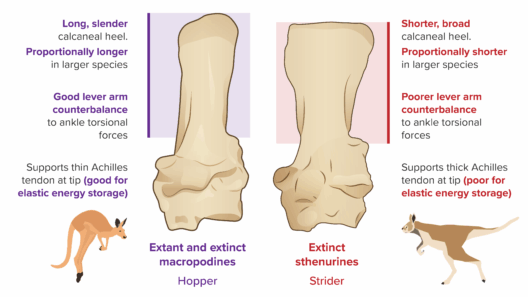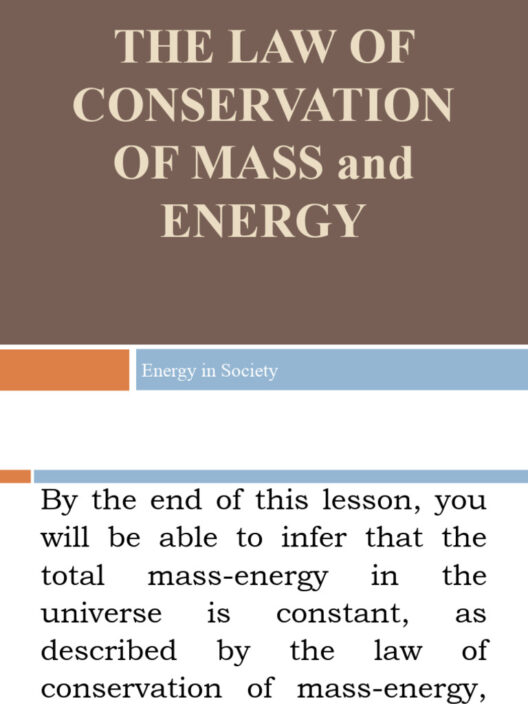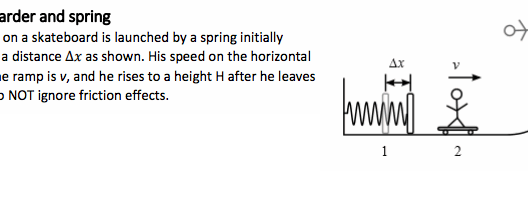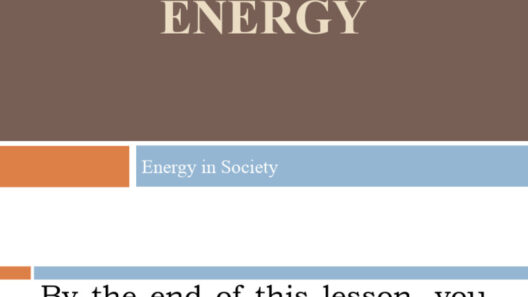In an era where climate change looms ever larger, the importance of energy conservation cannot be overstated. Most individuals are unaware of the profound impact that small, consistent changes in daily habits can have on the environment. Understanding how to conserve energy throughout the day not only bolsters a sense of responsibility towards the planet but can also lead to substantial financial savings. Below, we delve into practical habits that, when collectively embraced, promise a significant shift in our energy usage paradigm.
Morning Routines: Start Off Right
The journey towards energy conservation begins with our morning rituals. Instead of reaching for the electric kettle to boil water for your morning coffee, consider an alternative. Utilizing a stovetop kettle, while slightly more time-consuming, is far more energy-efficient. Furthermore, embrace natural light; open your curtains wide and allow the sun’s rays to illuminate your space, reducing the dependence on artificial lighting. These seemingly innocuous choices lay the groundwork for a more eco-conscious day.
Embracing Energy-Efficient Appliances
Investing in energy-efficient appliances can yield significant dividends. Although the initial cost may appear daunting, the long-term savings on energy bills often far outweigh the initial outlay. Look for items marked with the Energy Star label, which guarantees compliance with rigorous energy efficiency guidelines. Dishwashers, washing machines, and refrigerators that fall into this category utilize less energy while performing their tasks with excellence. In this way, you can meet your household needs while minimizing your environmental footprint.
Midday Mindfulness: Efficient Energy Practices
As the day progresses, it becomes crucial to maintain an energy-conscious mindset. When using electronics, such as computers and televisions, opt for power settings that reduce energy consumption. Activating energy-saver modes will prolong the device’s lifespan and significantly decrease electricity usage. Educate family members or household mates on the importance of turning off devices when not in use, reducing the idle energy consumption of these electronics, which can accumulate unnoticed over time.
Utilizing Smart Technology
Harnessing the advantages of modern technology can act as a formidable ally in the quest for energy efficiency. Smart home devices can be programmed to optimize energy consumption patterns, adjusting heating and cooling based on your routine. Thermostats that learn your schedule can drastically minimize energy waste, ensuring that heating or cooling only occurs when necessary. Moreover, smart plugs and energy monitors provide real-time data on energy usage, allowing households to make informed decisions about their consumption habits.
Commitment to Sustainable Transportation
An often-overlooked aspect of energy conservation lies in our transportation choices. Carpooling, public transit, biking, and walking not only mitigate carbon emissions but also alleviate traffic congestion and reduce wear and tear on infrastructure. When vehicular travel is necessary, consider consolidating errands to minimize fuel consumption. This commitment to more sustainable forms of transit can lead to a marked reduction in individual carbon footprints, fostering a healthier planet and community.
Evening Considerations: Power Down with Purpose
As the day winds down, energy conservation can be integrated into nighttime routines as well. When entertaining guests or spending time with family, consider alternatives to traditional lighting. Using candles or LED string lights can create a cozy ambiance while consuming a fraction of the energy. Additionally, organizing a technology-free evening can foster meaningful interactions while simultaneously giving devices a much-needed break from constant power draw.
The Impact of Renewable Energy Sources
One of the most empowering steps individuals can take in energy conservation is to consider renewable energy sources for home energy needs. Whether installing solar panels or investing in wind energy, tapping into these sustainable resources can dramatically reduce reliance on fossil fuels. Many local and federal programs offer incentives for those who transition to renewable energy, making it a financially beneficial option in addition to its environmental advantages.
Culinary Choices: Energy-Conscious Cooking
Your cooking habits also play a pivotal role in conserving energy. When preparing meals, consider using appliances such as slow cookers or microwave ovens instead of traditional ovens. Not only do these methods consume less energy, but they also often yield richer flavors and tender textures in food. Additionally, batch cooking can be an effective strategy; preparing large quantities of meals at once enables you to utilize the oven or stovetop for extended periods, maximizing energy use efficiency.
Fostering a Community of Awareness
Change is often catalyzed collectively; thus, fostering a community mindful of energy conservation is essential. Hosting workshops that educate neighbors about sustainable practices can amplify the impact of individual efforts. Simple initiatives, such as neighborhood clean-ups or energy audits, can streamline energy-saving strategies throughout a community. Engaging with others fosters a shared sense of responsibility, emphasizing that active participation can lead to significant change.
Conclusion: A Paradigm Shift Awaits
Conserving energy throughout the day requires intentionality and awareness. Through small, deliberate changes in daily routines, individuals can contribute to the collective effort against climate change. Habits such as utilizing energy-efficient appliances, embracing smart technology, and modifying transportation choices demonstrate a commitment to ensuring a sustainable future. By fostering a community centered on these principles, we can initiate a paradigm shift, transforming how we perceive energy consumption. The journey toward a more sustainable lifestyle commences with you—make the choice to be part of the solution.








